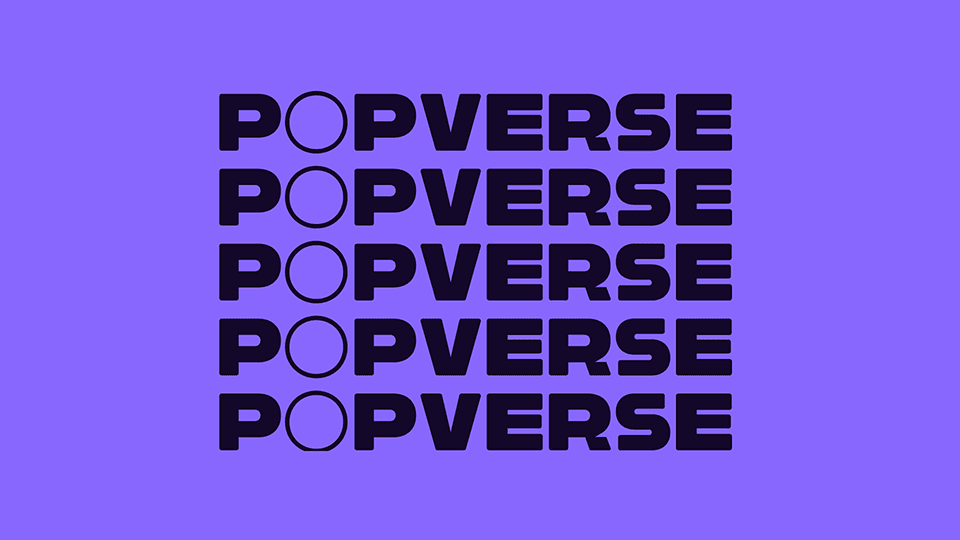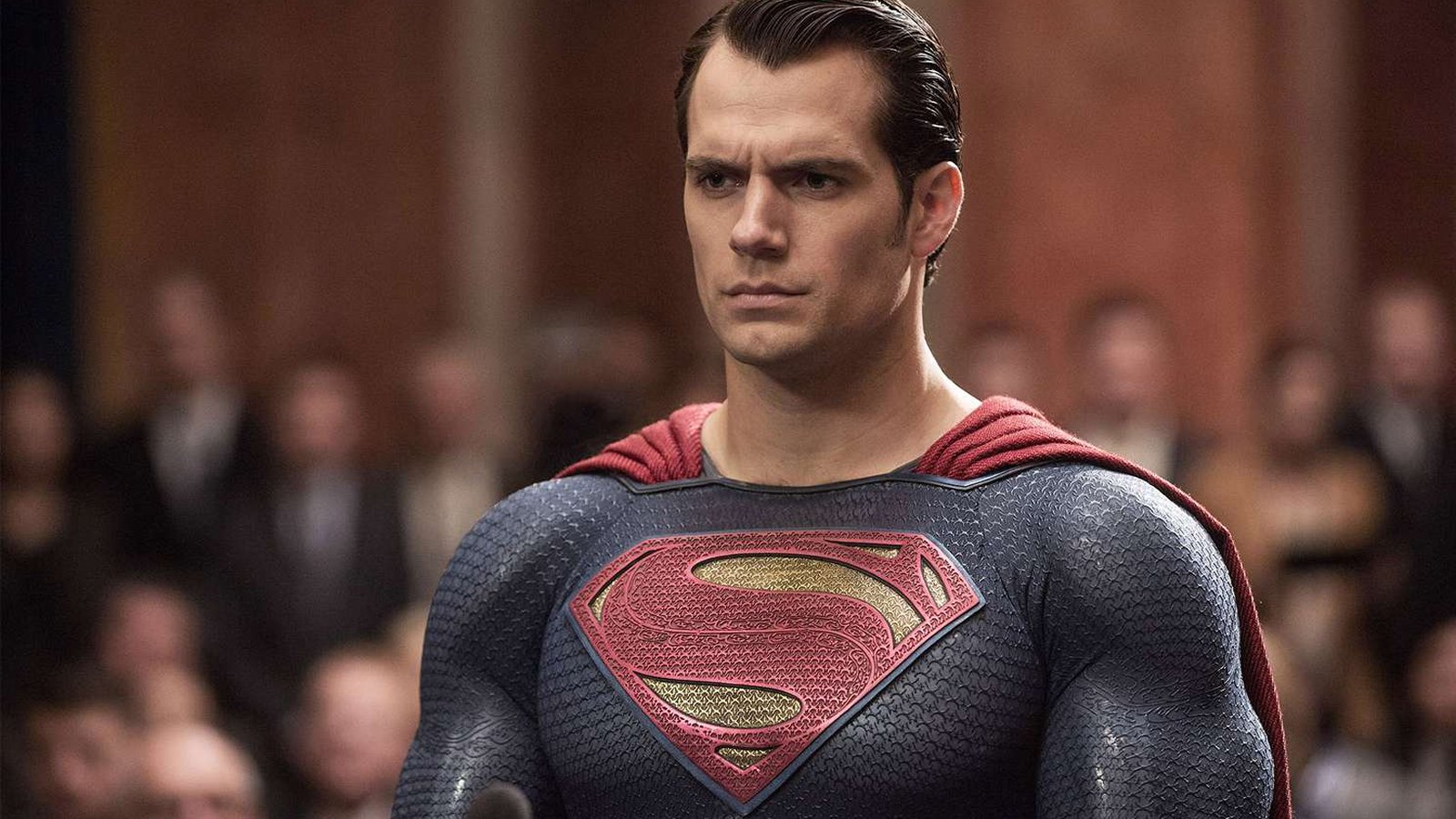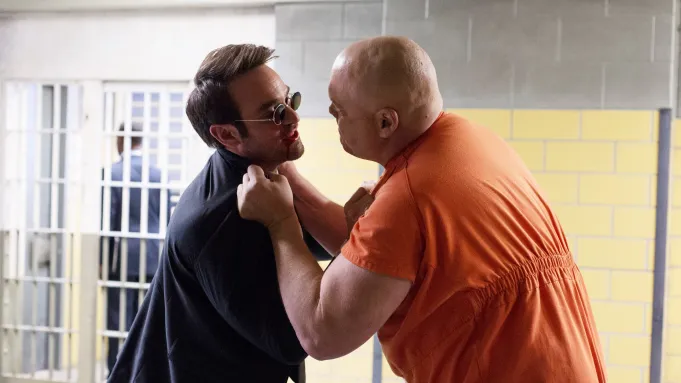If you click on a link and make a purchase we may receive a small commission. Read our editorial policy.
"I wanted to write about real issues": Barbara Slate talks Ms. Liz, Angel Love, and the Mueller Report
Barbara Slate chats about her long career from feminist greeting cards to a comics adaptation of the Mueller Report

Barbara Slate is a bit of a legend in the world of comics. She started out her career by creating Ms. Liz, a feisty feminist who took the world by storm with her quippy one liners on the face of greeting cards. Soon Ms. Liz (and Slate) jumped into comic strips and then into an animated segment on The Today Show.
Slate later went on to write for the likes of Archie Comics, Marvel Comics, and DC, creating for the latter a groundbreaking series titled Angel Love which dealt with real-life issues like abortion, drug use, and assault. Most recently, Slate created a graphic novel adaptation of the Mueller Report (the Special Counsel report into Russia's efforts to influence the 2016 US Presidential Election), trying to make sense out of all the incomprehensibility found in that hulking document.
To celebrate her 75th birthday (May 9, 1947), we thought it would be a perfect time to highlight Slate's decades-spanning and wildly influential career by talking to Slate herself.

Ms. Liz started her life on greeting cards. How did you get into the greeting card business, Barbara?
It was the '70s. Everybody was talking about the Women's Movement. Gloria Steinem was saying really cool things like "A woman needs a man like a fish needs a bicycle." I was inspired. I mocked up a line of 24 feminist greeting cards and showed them to the Bloomingdale's buyer. She ordered two dozen each for all nine stores. With my Bloomies order in hand, I was able to secure a loan from the First Women's Bank to print the cards.

Ms. Liz was a huge phenomenon. What about the strip do you think resonated with people so much?
Ms. Liz started out as a radical feminist with lines like, "If my place is in the home...then get out." Cards like this one got lots of laughs, but I quickly discovered that women didn't want to send a 'fuck you' card to their boyfriends. I softened Ms. Liz and changed her look and as The Today Show announced, Ms. Liz is torn between old values and new.
Women were torn, which is why Ms. Liz resonated. Women had to choose if you were a feminist or not, even though many weren't sure (and still aren't) what a feminist is.
Angel Love told the story of a young woman who moved from Pennsylvania to New York City to start work as an artist but ends up as a waitress. You dealt with some serious issues like drug use in the comic. What drew you to this project and these subjects?
I wanted to write about real issues. In the '80s, the only popular comic book for girls was Betty and Veronica. They are best friends (for over 80 years) and both love Archikins. Archie loves them both. How can he choose? Angel Love was the polar opposite-- dealing with drugs, abortion, Angel's dying mother.
Was it difficult to get editorial approval to tackle the issues you wanted to tackle?
When I started writing Angel Love, her struggles were similar to Ms. Liz’s struggles. My first three scripts to Karen Berger, my DC editor, were rejected. I thought my days of being a comic book writer were over before they even began, when Karen called me into her office and said, "Jenette [Kahn, then-president and publisher of DC Comics] says, not this but..." (I know from all my years of working with editors that when they say, "not this but," it's a jumping off point.) Karen continued, “Angel tries to put in her diaphragm, and it goes flying across the room." Suddenly all the shackles were lifted!
Next, Karen introduced me to Dick Giordano and Paul Levitz, two vice presidents, who taught me how to plot by color code. It was the greatest lesson of my life!
How did the audience respond to the comic at the time?
Much of the fan mail was from abused girls or ones who wrote, "Angel you are my only friend." Some letters were scary enough that I called the police in their towns. Many teachers, mostly in the inner-city schools, thanked me for writing a comic that their students could relate to.
Of course, there were irate mothers who thought this was an Archie book (to be fair, the art style was similar) and were shocked to read about Angel going out with a guy who was a coke addict.
What was it like to work for Marvel?
It was the '90s. Tom DeFalco, editor-in-chief, started the girl's line. It began with Yuppies from Hell, a three-part graphic novel for the twenty-one and older woman about life in the city. I lived in Manhattan, so inspiration was everywhere! Every day I grabbed a pencil and paper and eavesdropped in restaurants, Central Park, movie lines, bathroom stalls.
Sometimes it just took one line, "I think my relationship with what's-her-name is really getting serious," to create an entire story. When Tom started the young girl's line, I wrote 65 Barbie comics, 13 Beauty and the Beast, and several Pocahontas comics. It was a marvelous time at Marvel!
How did you begin working for Archie Comics?
I was dancing to 'GLORIA' [by Van Morrison], G-L-O-R-I-A with Archie editor, Victor Gorelick, at a Marvel Christmas party. In between the letters and loud music, he asked me to write for Archie. I wrote about a hundred stories, mostly about the friendship between Betty and Veronica, staying away from them fighting over Archie.
Many young girls struggle for perfection. I loved writing stories showing Betty and Veronica in humiliating circumstances and not only surviving but thriving.
What drew you to making a comics version of the Mueller Report?
[Then-US president Donald] Trump. Like so many, I was waiting for the Mueller Report to come out to make everything right in the world. When it did come out and it was difficult to read, I knew it would make a great graphic novel. I was waiting to see which one of my brilliant friends was going to tackle the project. Certainly not me. I couldn't get through the first paragraph!
But I couldn't stop thinking about it, and then one day my fingers typed in a thread on Twitter, "I'm thinking of doing a graphic novel about the Mueller Report." Jen Taub, lawyer, author and commentator answered in seconds, "I wish you would."

What was the most challenging aspect of that adaptation process?
Reading it. Sometimes five, six, or seven times. I broke it down in panels, trying to tell the story as simply as possible and keeping it entertaining. Each day I posted a page on Twitter. Practically overnight I went from 123 followers to 2500.
Doing the Mueller Report kept me sane through all the insanity.
How do you think the comics industry and comics have changed since you started your career?
Certainly, the biggest change is that now many more girls are reading comics and women are writing graphic novels. When I started, it was just Trina Robbins and me creating characters for DC and Marvel. Another change is that when I started in the industry, comic books were mostly banned from schools. Now I teach 'How to do Graphic Novels' at universities and am invited to elementary, high schools, and libraries to teach how to do them.
A third change is that the comic cons used to be about comics and the creators. Now they're mostly about movies and movie stars.
Are there any comics that you’re excited about now?
I'm looking forward to reading Rick Parker's Drafted and Noah Van Sciver's Joseph Smith and the Mormons.
What do you like to read?
I love to read biographies, but I have little time to spare. I am writing my graphic novel memoir, A Comic Life, and that takes up most of my time.
Can you tell us more about your memoir?
When I adopted my daughter and moved from the city to the country, I was at a loss for inspiration. I turned inward and realized I had a story to tell…a small-town girl gets on a greyhound bus and heads for the big city...
How far are you into the project?
I am on page 332.
When can we expect it to come out?
Almost ready to look for a publisher....
Is there a project you worked on and loved that you felt was overlooked during its time?
Yes. All of them!
Can you tell me more about that?
I was exaggerating! The thing is, you work for years on a project, and one day it’s actually finished, and then a package arrives in the mail, and it is the most thrilling thing in the world! You rip it open and see your masterpiece in real life! You hold it, you smell it, you slobber on it because you can't help yourself and then you get on to the next project.
I've been fortunate to get way more than my 15 minutes of fame, but in the end it's all about getting up in the morning excited because you’re going to work at a job you love.
Disney is blocking the re-release of some of Scrooge McDuck's origin stories, says creator Don Rosa
Follow Popverse for upcoming event coverage and news
Find out how we conduct our review by reading our review policy
Let Popverse be your tour guide through the wilderness of pop culture
Sign in and let us help you find your new favorite thing.
















Comments
Want to join the discussion? Please activate your account first.
Visit Reedpop ID if you need to resend the confirmation email.